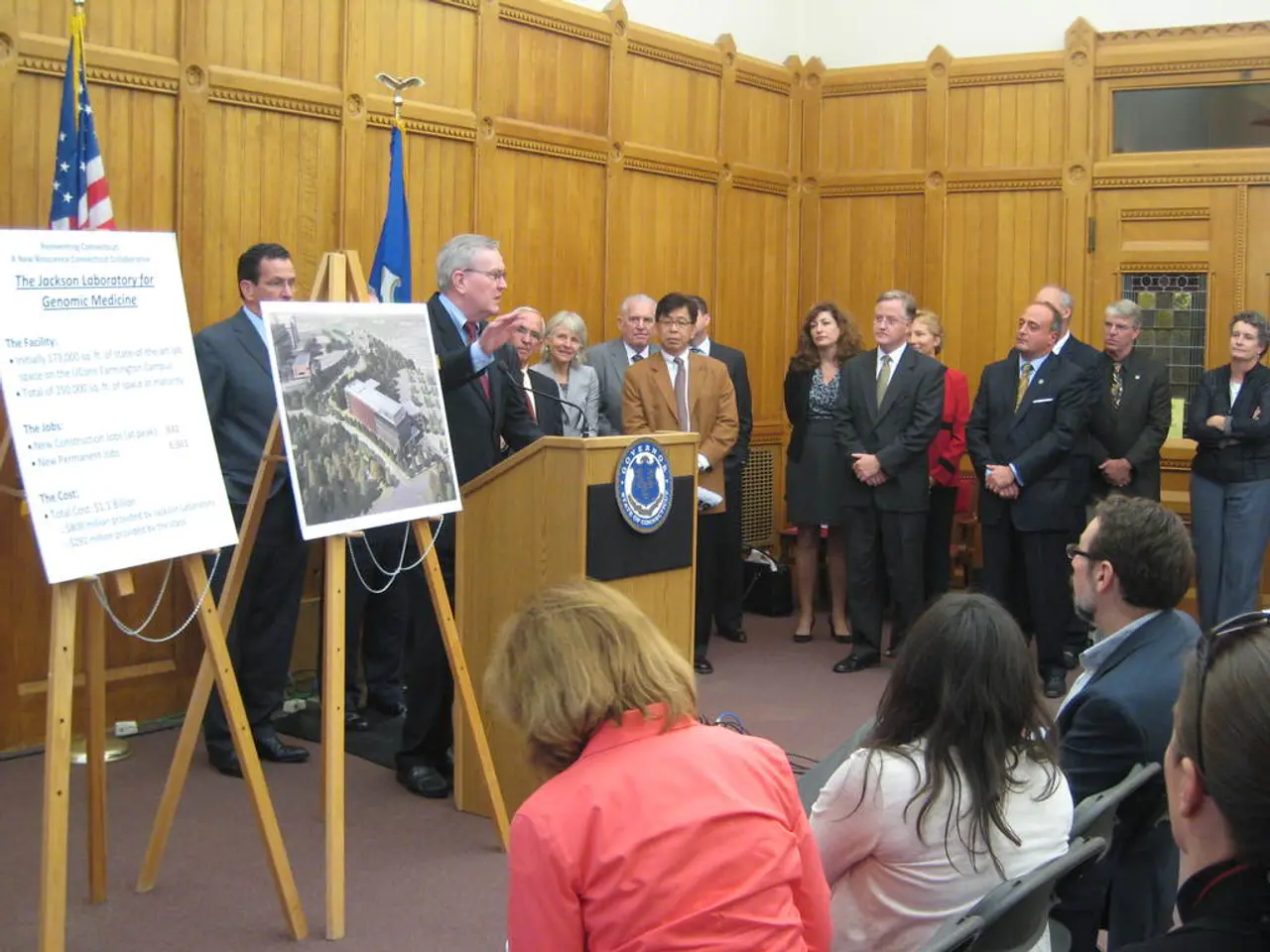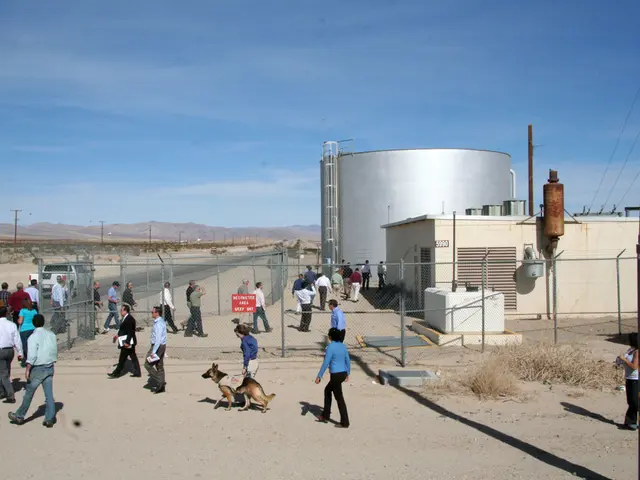EPP Eyes Full EU Parliament Presidency Term Despite 2024 Agreement
Following the 2024 EU elections, a power-sharing agreement saw the European People's Party (EPP) secure the European Parliament presidency for the first half of the term. However, Socialist lawmakers anticipate the EPP will attempt to retain the presidency for the entire term, despite the agreement.
The 2024 deal also included a second term for European Council President Antonio Costa, though EPP officials dispute this was explicitly agreed upon. Meanwhile, the Italians, the largest national delegation within the Socialists and Democrats, are unlikely to claim the presidency due to internal divisions and a lack of a clear candidate.
It is expected that the EPP will push for the re-election of incumbent Parliament President Roberta Metsola for a third term. However, Socialist lawmakers doubt the EPP will allow them to take the presidency, citing the Socialists' leadership of the European Council and the EPP's desire to maintain influence. Stefan Löfven, president of the Party of European Socialists (PES), has stated that the Socialists will not support a third term for Metsola.
Socialist lawmakers assume Spain's Iratxe García will remain as the chair of the Socialists and Democrats group in the Parliament during the 2027 midterm reshuffle, despite some leaders being undecided on supporting her re-election.
As the midterm reshuffle in 2027 approaches, the future of the European Parliament presidency remains uncertain. While the EPP is expected to push for Metsola's re-election, Socialist lawmakers anticipate a challenge to this, potentially leading to a renegotiation of the power-sharing agreement.
Read also:
- American teenagers taking up farming roles previously filled by immigrants, a concept revisited from 1965's labor market shift.
- Weekly affairs in the German Federal Parliament (Bundestag)
- Landslide claims seven lives, injures six individuals while they work to restore a water channel in the northern region of Pakistan
- Escalating conflict in Sudan has prompted the United Nations to announce a critical gender crisis, highlighting the disproportionate impact of the ongoing violence on women and girls.




